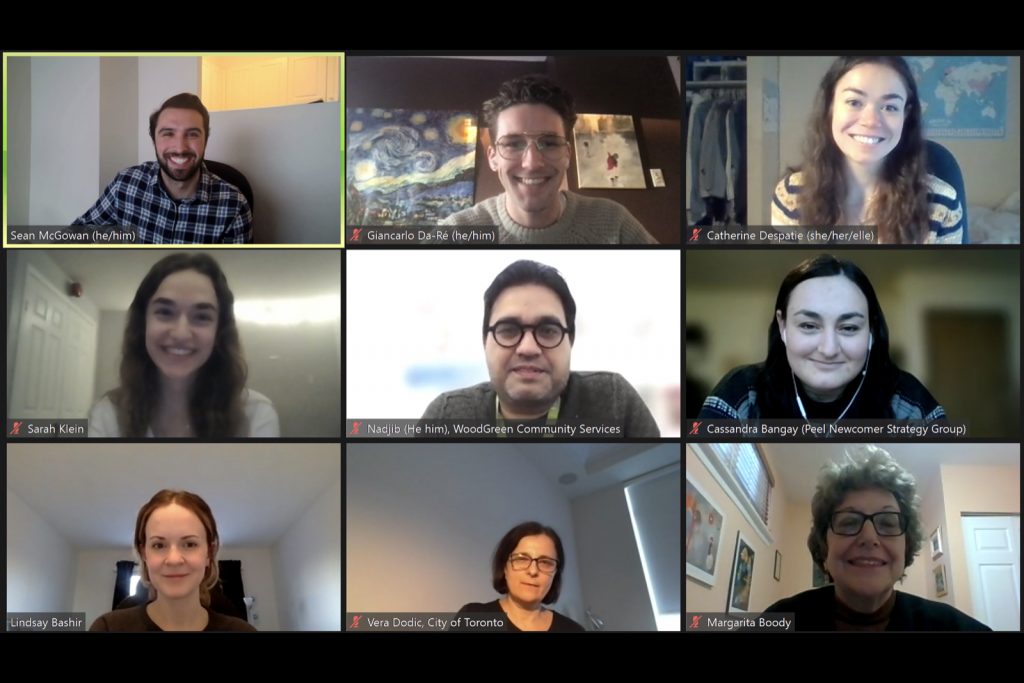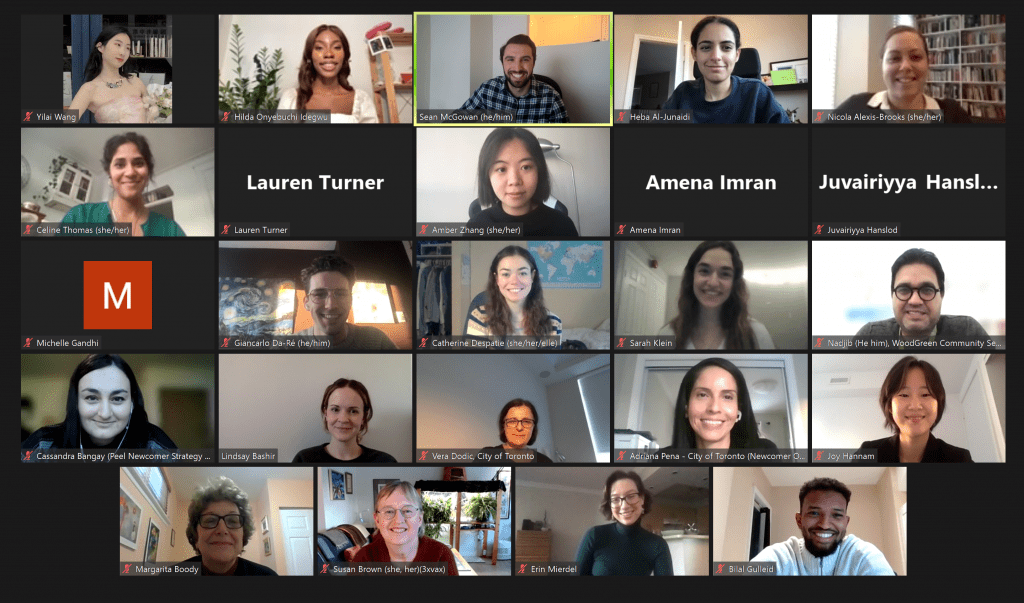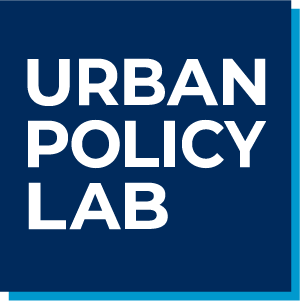
On January 21, twenty-two Master of Public Policy and Master of Global Affairs students at the Munk School participated in the 2022 Urban Policy Lab Case Competition. This year’s competition focused on the economic integration of newcomers to Toronto. Students were asked to develop a strategy that the City of Toronto could implement based on the priorities introduced in the newly published 2022-2026 Toronto Newcomer Strategy.
Each team presented to a panel of expert judges, including:
- Vera Dodic, Manager of the Toronto Newcomer Office at the City of Toronto
- Lindsay Bashir, Senior Policy Analyst with the Immigration Branch of the Department of Immigration, Refugees, and Citizenship Canada (IRCC)
- Cassandra Bungay, Manager of Research, Policy and Evaluation at the Peel Region Local Immigration Partnership (United Way Greater Toronto).
- Susan Brown, Senior Policy Advisor in the Policy and Research Unit of Economic Development and Culture at the City of Toronto.
- Margarita Boody, Operations Manager with Immigration, Refugees and Citizenship Canada (IRCC)
- Nadjib Alamyar, Senior Manager of Community Programs at WoodGreen Community Services
Congratulations to the winning team, made up of first year Master of Global Affairs Students Giancarlo Da-Ré, Catherine Despatie, and Sarah Klein! Their team identified gaps in the Toronto Newcomer Strategy and developed solutions to address them. They tackled these gaps from multiple angles, pitching a reallocation of Toronto’s budget, the introduction of KPIs, partnerships with post-secondary institutions, a transit access pass and improved public information as part of their final strategy.
Runner ups, Joy Hannam, Yilai Wang, Michelle Gandhi, and Bilal Gulleid proposed solutions focused on supporting newcomers in securing employment and leveraging existing ethnic networks. They envisioned Skill Schools that could support newcomers by providing training programs for unregulated professions and support in organizing hiring fairs and job searches. They also envisioned collaborative programs that focus on recognizing skilled newcomers through accreditation programs and credential authorization.
Other groups presented the following:
-
- Nicola Alexis-Brooks, Hilda Idegwu, Michael Kalaparambath, and Noah Gurr presented a plan to facilitate the economic integration of newcomers though a strategic communications campaign and improved service delivery. Their plan sought to integrate newcomers into Toronto’s labour market by building internal capacity at the City, leveraging city social and employment services, and providing opportunities to highlight newcomer skills, credentials and education to employers.
- Amena Imran, Juvairiyya Hanslod, and Shumeng Zhang’s solution was the menTOr program: a mentor-mentee matching program designed to provide newcomers with information on economic integration, settlement services, and employment opportunities. Their strategy presented a community-based approach to improve the accessibility of information, resources and developmental opportunities.
- Gabrielle Evans and Lauren Turner recognized the variety of barriers that newcomers face in accessing the services that suit their specific needs. This group proposed a one-stop access point for settlement services. They proposed consolidating services from all levels of government in one location on the City of Toronto website and equipping this platform with a virtual online assistant that can curate required resources for each newcomer that visits the site.
- Grace Chong, Lonya Burton, and Spencer Neufeld proposed the creation of a low interest certification loan program. The purpose of this program as this group envisioned is to support newcomers in covering the high costs associated with recertification exams and courses to support their economic integration in Toronto. They see this program as a way to fill a gap in supporting newcomers who may not be able to access similar loan programs such as refugees and undocumented immigrants.
- Celine Thomas, Aisha O’Gilvie, and Vinnie Jain proposed a solution focused on community support through a program they named the “Toronto Welcome Sessions”. These sessions are envisioned as biweekly information sessions that would aim to increase newcomers’ awareness of available programs and resources and connect them to social networks.
Thank you to the judges and all our student participants for a wonderful event!


